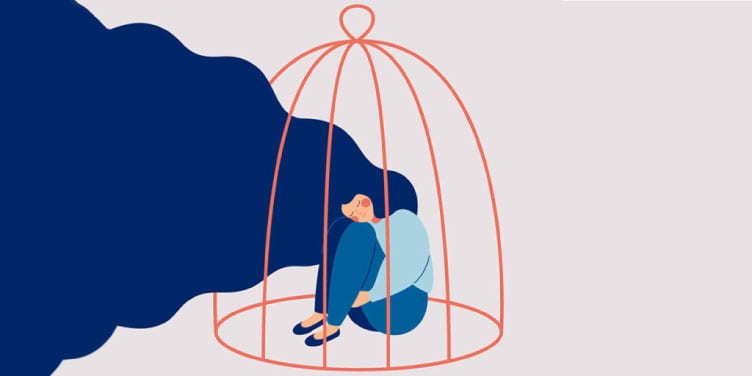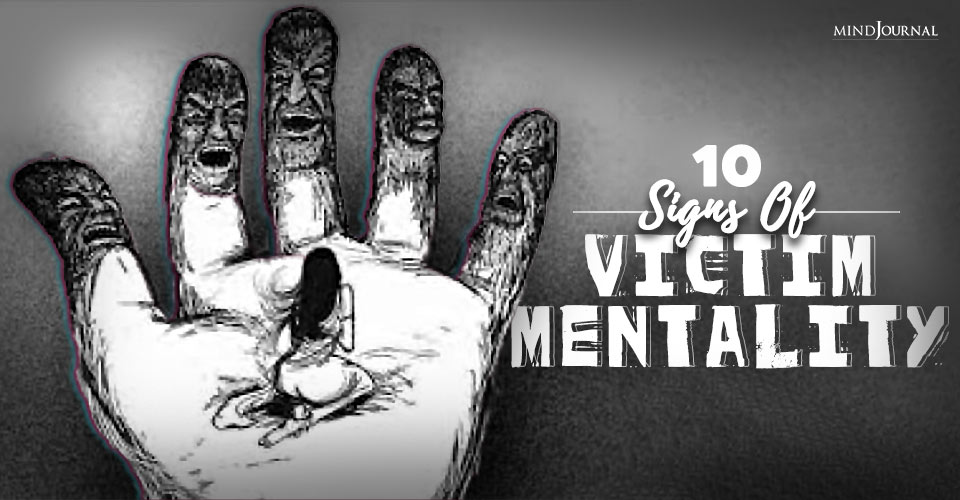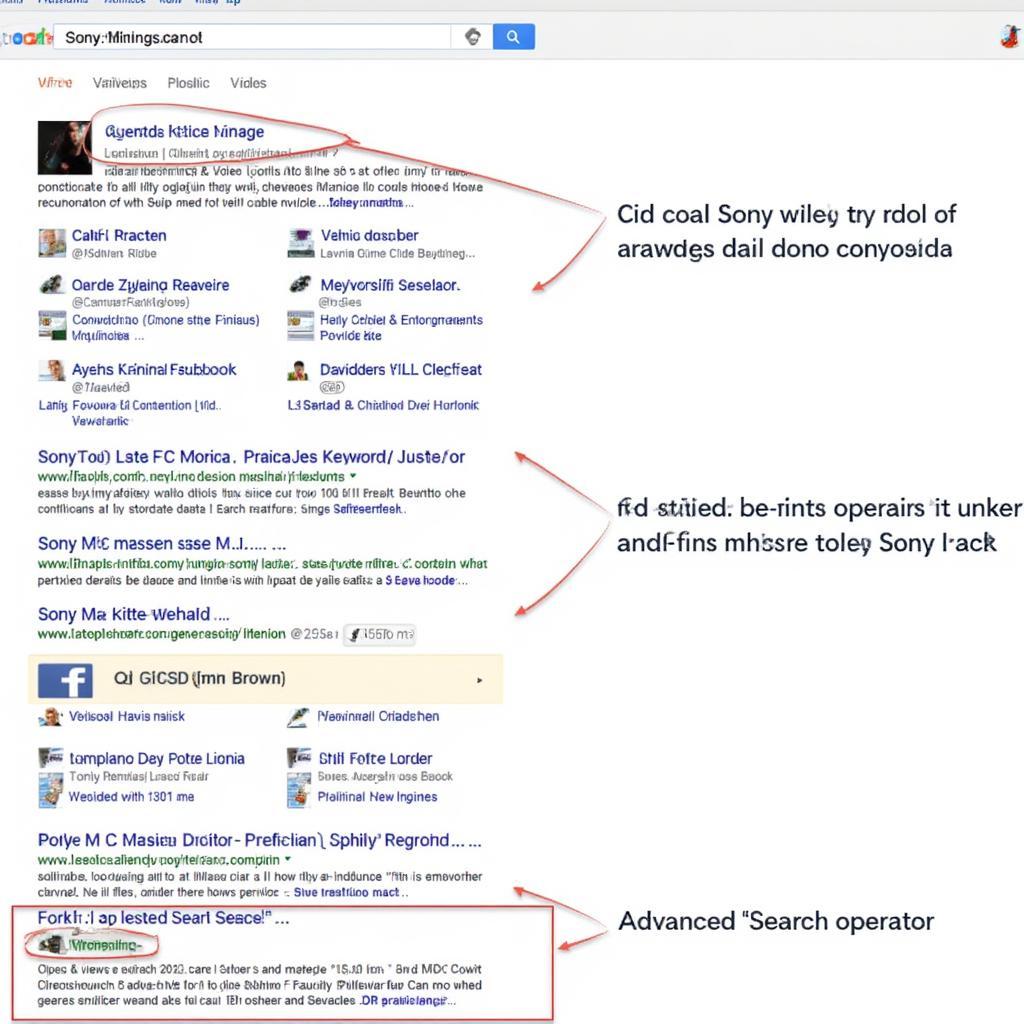Overcoming Victim Mentality

Victim mentality is a harmful mindset that can trap people in a cycle of blame, helplessness, and resentment. Though common, it is possible to overcome this disempowering narrative and reclaim personal agency. With insight, effort, and the right strategies, one can cultivate a more positive, empowered attitude.
Unveiling the Psychology of Victim Mentality: Understanding the Root Causes and Patterns
The roots of victim mentality often stem from childhood experiences of trauma, neglect, or abuse. These painful events can engrain deep feelings of insecurity and powerlessness in a child. As a result, they may carry these toxic beliefs into adulthood.
Common Patterns of Victim Mentality
There are several harmful thought patterns associated with victim mentality:
- External Locus of Control – Victims view outside forces as responsible for their circumstances. This prevents them from believing they can create positive change.
- Catastrophizing – Victims magnify difficulties and see minor misfortunes as catastrophic. This fuels feelings of helplessness.
- Emotional Manipulation – Victims use guilt, blame, or threats to control others and avoid accountability for their actions.
By recognizing these patterns, one can start to unravel the false narratives driving their victim stance.
The Psychological Impact
Victim mentality can negatively impact self-esteem and relationships. Victims may:
- Feel powerless, worthless, and pessimistic about overcoming challenges
- Struggle to take responsibility for their choices and actions
- Have difficulty building healthy, supportive relationships
Accepting responsibility and fostering self-efficacy is key to growth.
The Manipulation Tactics of Victim Mentality: How to Recognize and Counter Emotional Exploitation
Victims frequently use manipulation to elicit sympathy and avoid accountability. Tactics include:
Guilt Tripping
Making others feel guilty for perceived mistreatment.
Countering: Refuse to accept undeserved blame. Reassure them you want to help, not attack.
Blame Shifting
Deflecting responsibility by blaming external factors.
Countering: Gently confront their avoidance of accountability. Refocus on solving problems.
Emotional Blackmail
Threatening self-harm to coerce others.
Countering: Set boundaries. Recommend counseling. Avoid enabling harmful behavior.
Recognizing manipulation and establishing healthy boundaries empowers you to counteract emotional exploitation.
Victim Mentality in Relationships: The Dynamics and Impact on Partners
In relationships, victim mentality can become a toxic cycle that strains both partners.
The Victim’s Role
The victim may:
- Blame their partner for problems
- Use guilt to coerce their partner
- Avoid taking responsibility for their actions
This creates an environment of resentment and helplessness for both parties.
The Non-Victim’s Role
The non-victim may feel:
- Overwhelmed by their partner’s endless needs
- Pressure to fix all problems
- Resentment at the lack of reciprocity
They risk burnout and dissolution of the relationship.
Breaking the Cycle
The victim must recognize their role in the dynamic and take responsibility for their thoughts, feelings, and behaviors. The non-victim should set boundaries, communicate assertively, and refrain from enabling the victim stance. With insight and effort, unhealthy relationship patterns can transform.
Exploring Victim Mentality Reddit Discussions: Insights and Perspectives from Online Communities
Reddit provides an anonymous platform for candid discussions around mental health issues like victim mentality. Reviewing these threads offers insights into the real-world experiences of victims:
Common Themes
- Feeling helpless to improve their situation
- Blaming romantic partners, friends, or family for problems
- Seeking validation for their victim stance
Feedback and Advice
- Recommending therapy and self-reflection
- Advising them to take personal responsibility
- Warning against toxic behaviors and manipulation tactics
While anonymous communities have limitations, these discussions reveal insightful perspectives on overcoming victim mentality.
Victim Mentality Synonyms: Alternative Terms for a Disempowering Mindset
Victim mentality goes by many names, including:
- Persecution complex – Believing everyone and everything is out to get you.
- Martyr syndrome – Deriving identity from suffering and sacrificing for others.
- Learned helplessness – Conditioning yourself to feel unable to change circumstances.
- External locus of control – Attributing outcomes to external factors rather than personal agency.
Each term highlights a different facet of victim mentality. Expanding one’s vocabulary can help illuminate the psychology underpinning this mindset.
Victim Mentality dalam Hubungan: Memahami Siklus Merugikan antara Korban dan Pelaku
Dalam hubungan, mentalitas korban dapat menciptakan siklus toksik yang merugikan kedua belah pihak:
Peran Korban
Korban mungkin:
- Menyalahkan pasangannya atas masalah
- Memanipulasi dengan rasa bersalah
- Menghindari tanggung jawab atas tindakannya
Ini menciptakan lingkungan penuh kepahitan dan ketidakberdayaan.
Peran Bukan Korban
Bukan korban mungkin merasa:
- Kelelahan oleh kebutuhan pasangannya
- Tertekan untuk memperbaiki semua masalah
- Kesal karena kurangnya timbal balik
Mereka berisiko mengalami kelelahan dan berakhirnya hubungan.
Memutus Siklus
Korban harus mengakui perannya dan bertanggung jawab atas pikiran dan tindakannya. Bukan korban perlu membuat batasan, berkomunikasi tegas, dan menghindari pembenaran. Dengan wawasan dan upaya, pola hubungan tidak sehat dapat diubah.
Victim Mentality Memes: A Humorous Approach to Addressing a Serious Issue
While victim mentality stems from genuine pain, some use humor to highlight its unhealthy patterns:
Examples
- A child crying over a small scratch with the caption “My life is so hard!”
- A woman yelling “Stop victimizing me!” at a man calmly drinking coffee.
- A brain saying “Everything is out to get me and nothing ever goes right”
Pros and Cons
Pros:
- Can lighten the mood around a heavy topic
- Highlights absurdity of exaggerated victim thinking
Cons:
- Risks minimizing real trauma and insensitivity
- The victim may feel unfairly targeted
When used carefully, humor can prompt self-reflection. However, a compassionate approach is key.
The Connection Between Victim Mentality and Narcissism: Unraveling the Complex Relationship
Victim mentality may form a toxic pairing with narcissism:
The Narcissist Victim
This victim uses manipulation tactics, like:
- Exaggerating minor slights as grave injustices
- Blaming others for their shortcomings and misdeeds
- Punishing detractors with rage or threats of self-harm
This pressures others to tiptoe around their ego and treat them as the perpetual innocent victim.
The Codependent Victim
This victim plays the role of loyal caretaker and enabler of the narcissist. They feel worthwhile by constantly rescuing the narcissist from self-inflicted crises.
Breaking Free
Victims must set boundaries andprioritize self-care. Therapymay help build self-worthindependent of the narcissist’s chaotic whims. Each person must take responsibility for their own health and behaviors.
Recommended Books on Victim Mentality: Resources for Personal Growth and Transformation
Many excellent books offer insights and strategies around overcoming victim mentality:
“Victim No More” by Mike Lew
- Guides readers to take personal power over thought patterns and interactions
- Practical exercises to build boundaries and communication skills
“The Secret Laws of Attraction” by Talane Miedaner
- Explains how negative beliefs manifest suffering and obstacles
- Offers cognitive behavioral techniques to transform self-limiting narratives
“Breaking Free of the Victim Trap” by Alan E. Dreher
- Identifies core beliefs and schema of victim thinking
- Strategies to stop emotional manipulation and blame of others
Implementing even a few strategies from these books can set you on the path of empowerment.
Conclusion
Victim mentality is a difficult cycle to break, as it stems from deep pain and deceitful thought patterns. However, with self-awareness, determination, and the right help, one can dismantle negative narratives and reclaim personal power. Setbacks will occur, but continuing the journey of growth ultimately allows one to live with purpose, self-compassion, and resilience. Though challenging, freedom from victimhood is within reach.
Victim Mentality Synonyms: Alternative Terms for a Disempowering Mindset
Victim mentality goes by many names, including:
- Persecution complex – Believing everyone and everything is out to get you.
- Martyr syndrome – Deriving identity from suffering and sacrificing for others.
- Learned helplessness – Conditioning yourself to feel unable to change circumstances.
- External locus of control – Attributing outcomes to external factors rather than personal agency.
Each term highlights a different facet of victim mentality. Expanding one’s vocabulary can help illuminate the psychology underpinning this mindset.
Victim Mentality dalam Hubungan: Memahami Siklus Merugikan antara Korban dan Pelaku
Dalam hubungan, mentalitas korban dapat menciptakan siklus toksik yang merugikan kedua belah pihak:
Peran Korban
Korban mungkin:
- Menyalahkan pasangannya atas masalah
- Memanipulasi dengan rasa bersalah
- Menghindari tanggung jawab atas tindakannya
Ini menciptakan lingkungan penuh kepahitan dan ketidakberdayaan.
Peran Bukan Korban
Bukan korban mungkin merasa:
- Kelelahan oleh kebutuhan pasangannya
- Tertekan untuk memperbaiki semua masalah
- Kesal karena kurangnya timbal balik
Mereka berisiko mengalami kelelahan dan berakhirnya hubungan.
Memutus Siklus
Korban harus mengakui perannya dan bertanggung jawab atas pikiran dan tindakannya. Bukan korban perlu membuat batasan, berkomunikasi tegas, dan menghindari pembenaran. Dengan wawasan dan upaya, pola hubungan tidak sehat dapat diubah.
Victim Mentality Memes: A Humorous Approach to Addressing a Serious Issue
While victim mentality stems from genuine pain, some use humor to highlight its unhealthy patterns:
Examples
- A child crying over a small scratch with the caption “My life is so hard!”
- A woman yelling “Stop victimizing me!” at a man calmly drinking coffee.
- A brain saying “Everything is out to get me and nothing ever goes right”
Pros and Cons
Pros:
- Can lighten the mood around a heavy topic
- Highlights absurdity of exaggerated victim thinking
Cons:
- Risks minimizing real trauma and insensitivity
- The victim may feel unfairly targeted
When used carefully, humor can prompt self-reflection. However, a compassionate approach is key.
The Connection Between Victim Mentality and Narcissism: Unraveling the Complex Relationship
Victim mentality may form a toxic pairing with narcissism:
The Narcissist Victim
This victim uses manipulation tactics, like:
- Exaggerating minor slights as grave injustices
- Blaming others for their shortcomings and misdeeds
- Punishing detractors with rage or threats of self-harm
This pressures others to tiptoe around their ego and treat them as the perpetual innocent victim.
The Codependent Victim
This victim plays the role of loyal caretaker and enabler of the narcissist. They feel worthwhile by constantly rescuing the narcissist from self-inflicted crises.
Breaking Free
Victims must set boundaries and prioritize self-care. Therapy may help build self-worth independent of the narcissist’s chaotic whims. Each person must take responsibility for their own health and behaviors.
Recommended Books on Victim Mentality: Resources for Personal Growth and Transformation
Many excellent books offer insights and strategies around overcoming victim mentality:
“Victim No More” by Mike Lew
- Guides readers to take personal power over thought patterns and interactions
- Practical exercises to build boundaries and communication skills
“The Secret Laws of Attraction” by Talane Miedaner
- Explains how negative beliefs manifest suffering and obstacles
- Offers cognitive behavioral techniques to transform self-limiting narratives
“Breaking Free of the Victim Trap” by Alan E. Dreher
- Identifies core beliefs and schema of victim thinking
- Strategies to stop emotional manipulation and blame of others
Implementing even a few strategies from these books can set you on the path of empowerment.
Conclusion
Victim mentality is a difficult cycle to break, as it stems from deep pain and deceitful thought patterns. However, with self-awareness, determination, and the right help, one can dismantle negative narratives and reclaim personal power. Setbacks will occur, but continuing the journey of growth ultimately allows one to live with purpose, self-compassion, and resilience. Though challenging, freedom from victimhood is within reach.















